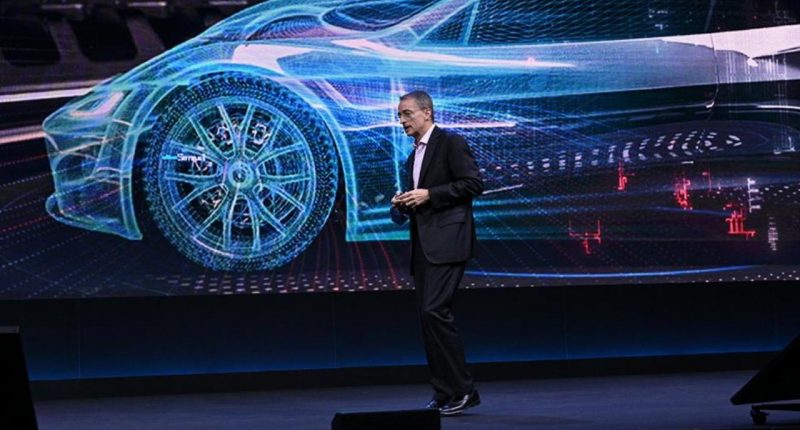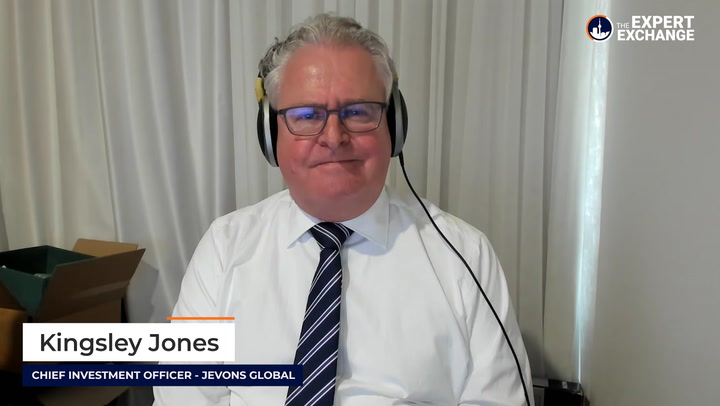- Intel (NASDAQ: INTC) plans to open at least two new semiconductor chip manufacturing facilities in Europe to address rising demand
- A persistent global chip shortage has been a limiting factor for carmakers like Ford, Maruti Suzuki, and General Motors
- Intel CEO Pat Gelsinger says the company plans to invest up to €80 billion (A$128.5 billion) over the next decade in the new chip factories
- Subsidiary Mobileye and SIXT also plan to offer driverless ‘robotaxi’ services in Munich from 2022 and later scale across Germany and the rest of Europe
Intel (NASDAQ: INTC) plans to open at least two new semiconductor chip manufacturing facilities in Europe to cater to rising global demand.
A persistent global chip shortage has been a limiting factor for carmakers around the world. Ford, for instance, has cut production in line with the supply of semiconductor chips, and reported a 33 per cent decline in sales in August.
General Motors has several factories idling, and India’s top carmaker Maruti Suzuki has reported a growing backlog of customers as the chip shortage continues.
Intel’s plan to boost supply
Speaking at the IAA Mobility event, Intel CEO Pat Gelsinger said the company planned to invest up to €80 billion (A$128.5 billion) over the next decade in the new chip factories.
The company also intends to establish foundry capacity at its site in Ireland, where it will also launch an accelerator service to support automotive chip designers’ transition to advanced nodes.
The move has been welcomed by several carmakers in Europe, including by Daimler Chairman Ola Källenius.
“Daimler is setting the course for tomorrow by pursuing a path towards completely emission-free driving with batteries or fuel cells. To achieve these ambitious goals, we need local access to advanced technology and thus applaud Intel’s plans to establish leading-edge manufacturing capacity in Europe.”
Support for fresh production capacity in Europe was also offered by Deutsche Telekom CEO Tim Höttges.
“The current chip and component shortages across all industries clearly show that digital sovereignty requires a geographical balancing of semiconductor supply. We as Deutsche Telekom fully support the build-out of more leading-edge production capacity in Europe.”
Who’s driving?
Another revelation made at the IAA Mobility day was the announcement Intel subsidiary Mobileye and SIXT plan to pilot a driverless ‘robotaxi’ service in Munich next year.
Mr Gelsinger unveiled one of the vehicles, equipped with Mobileye’s full self-driving system called ‘Mobileye Drive’ and praised new laws in Germany which allow for the operation of autonomous vehicles (AV) on the roads.
“Germany has shown global leadership toward a future of autonomous mobility by expediting crucial AV legislation. Our ability to begin robotaxi operations in Munich next year would not be possible without this new law.”








